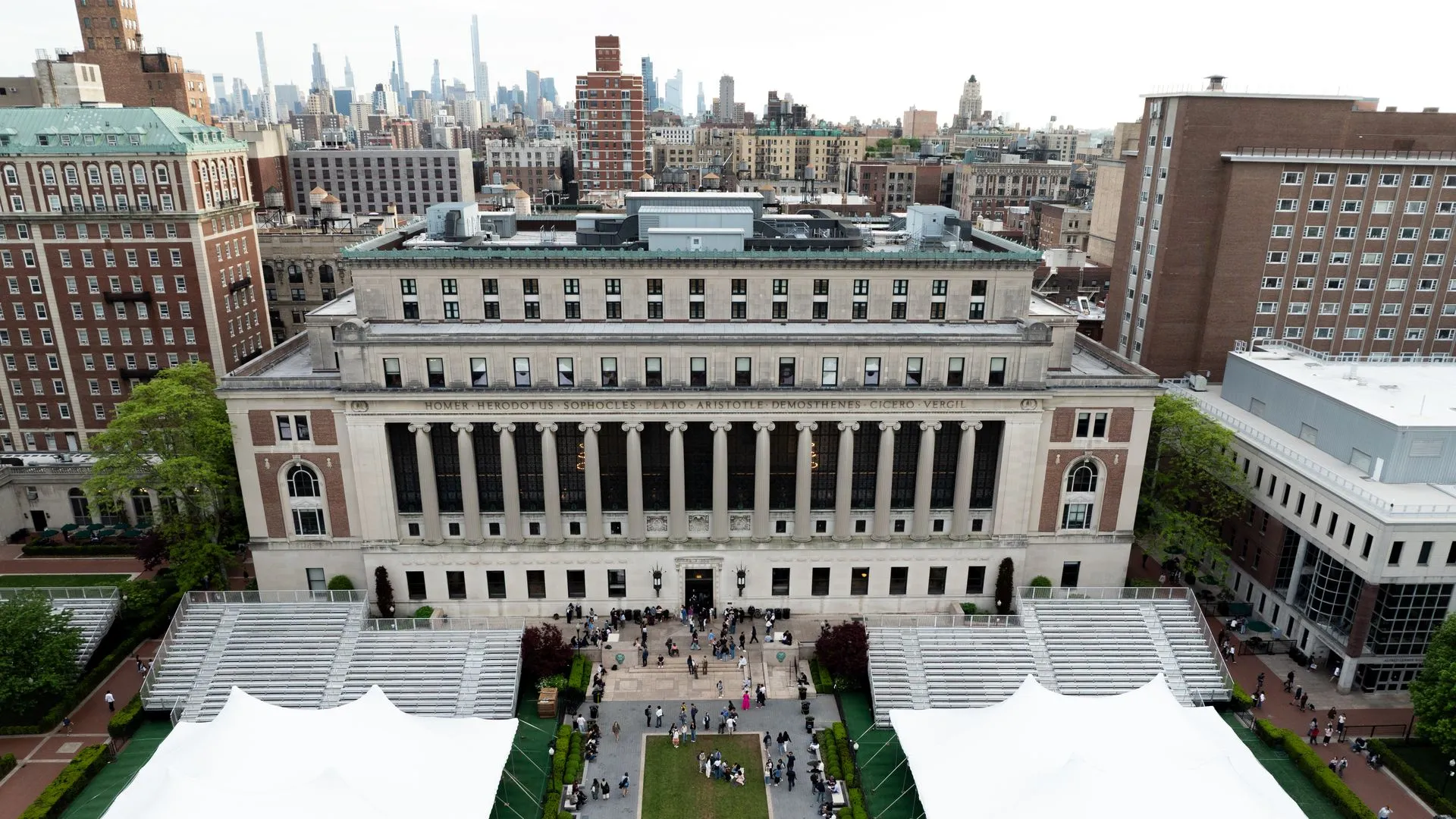What is Accreditation?
Accreditation is a process by which schools, colleges, and universities are evaluated to ensure they meet certain standards set by recognized accrediting bodies. This process is critical for maintaining quality education and providing assurance to students, employers, and the community that an institution meets predetermined standards of excellence.
In the United States, accreditation is primarily carried out by regional accreditation organizations, which are recognized by the US Department of Education (DOE). These organizations assess institutions based on criteria that include student achievement, institutional effectiveness, and overall educational quality.
The Importance of Accreditation
Accreditation affects every aspect of an institution, including:
- Federal Funding: Schools that are not accredited may lose eligibility for federal student aid programs, which are crucial for students who rely on financial support to afford higher education.
- Transfer of Credits: Accreditation affects a student’s ability to transfer credits from one institution to another, as many colleges and universities will only accept credits from accredited institutions.
- Professional Licensure: Many professions require a degree from an accredited program for licensure. Loss of accreditation can severely limit a graduate’s career prospects.
- Reputation: The prestige of an institution can be significantly damaged if it loses accreditation, affecting student enrollment and faculty recruitment.
What Happens If Columbia University Loses Its Accreditation?
Columbia University, an Ivy League institution located in New York City, is one of the most prestigious universities in the United States. What would it mean for Columbia if it were to lose its accreditation? The potential consequences are dire and far-reaching.
- Loss of Federal Funding: Columbia, like many universities, relies on federal financial aid for a significant portion of its students who depend on programs like Pell Grants and federal loans. The loss of accreditation would mean that current and prospective students would no longer be eligible for federal funding, leading to a drastic reduction in enrollment.
- Impact on Reputation: Columbia’s international reputation is based on its accredited status. Losing this accreditation would not only diminish its standing among other universities but would also discourage prospective students and faculty from considering Columbia as a viable option.
- Inability to Offer Degrees: Graduates from non-accredited institutions face challenges in their professional lives, as many employers only recognize degrees from accredited schools. If Columbia were to lose its accreditation, its diplomas would lack the recognition they currently hold in the job market.
- Legal and Financial Issues: Lawsuits and claims from disgruntled students and faculty may arise in response to a sudden loss of accreditation, leading to financial instability and legal battles.
The Recent Controversy: Antisemitism Claims at Columbia
Recently, Columbia University has been embroiled in controversy over rising allegations of antisemitism on campus. These claims have drawn the attention of various federal officials, including those in the Trump administration. The DOE has threatened Columbia with the possibility of losing its accreditation if it fails to address and rectify the claims surrounding antisemitism among students and faculty.
This situation has raised significant concerns about academic freedom, the responsibilities of institutions to their students, and the broader implications of governmental involvement in educational policy. Critics argue that threats to accredit institutions based on political pressures could lead to a slippery slope where academic freedom is compromised.
The DOE’s Actions: What Can They Do?
The Department of Education holds significant power when it comes to the oversight of higher education institutions. They can conduct investigations, impose fines, and even revoke accreditation. In Columbia’s case, the DOE’s inquiries are particularly tied to Title VI of the Civil Rights Act, which prohibits discrimination based on race, color, or national origin.
In their investigation, the DOE is tasked with determining whether Columbia has taken sufficient actions to protect Jewish students and foster an environment free from antisemitism. If they find that the university is negligent in this area, they could determine that the institution has failed to uphold the requirements necessary for accreditation.
Influence of Political Climate
The ongoing political climate has further complicated matters. Former President Trump along with his administration consistently emphasized the need for universities to tackle claims of antisemitism aggressively. Trump officials intensified the dispute with Columbia over perceived inaction in response to allegations, marking the escalation of political influences on academic standards and accreditation.
The implications of such political pressure raise questions about the extent to which institutions should be held accountable for the ideologies and behaviors of their constituents, especially in the context of free speech and academic freedom.
Columbia’s Response and Next Steps
Columbia University has publicly stated its commitment to combating antisemitism on campus and has implemented several initiatives aimed at fostering a more inclusive environment for all students. Their efforts have included workshops, seminars, and partnerships with student organizations to promote dialogue and understanding.
As Columbia navigates these challenges, the institution is also focused on maintaining its accreditation status. This precarious balancing act involves ensuring that it adheres to the standards outlined by accrediting bodies while still addressing the claims from students and external bodies about antisemitism.
Conclusion
The accreditation of higher education institutions is a critical component of their functionality and efficacy. With the looming threat of losing accreditation, Columbia University faces one of its most challenging tests to date. The response from the DOE, along with the ongoing political and social dynamics surrounding the university, will ultimately determine the institution’s future.
Despite the complexities of the situation, fostering an atmosphere of respect and dialogue is essential. It is crucial for universities to take these allegations seriously while safeguarding academic freedom and institutional autonomy. As Columbia continues to address these serious issues, the entire academic community will be watching closely to see how it unfolds.







